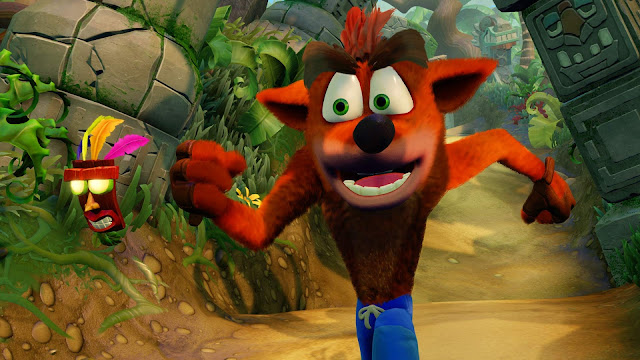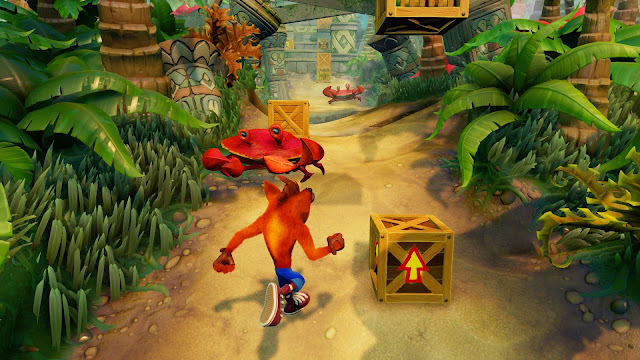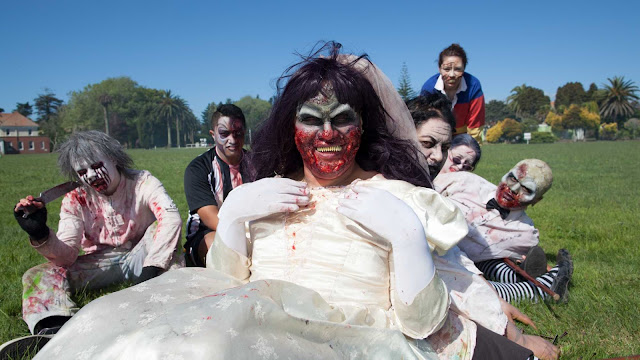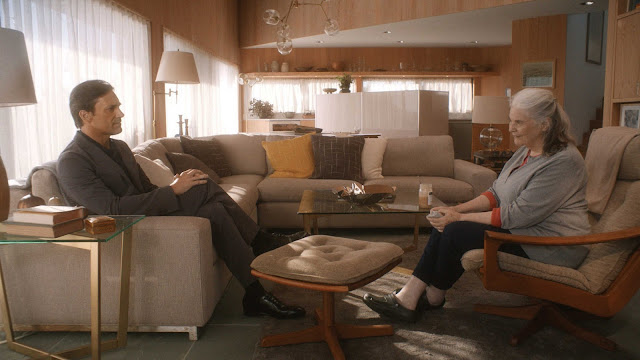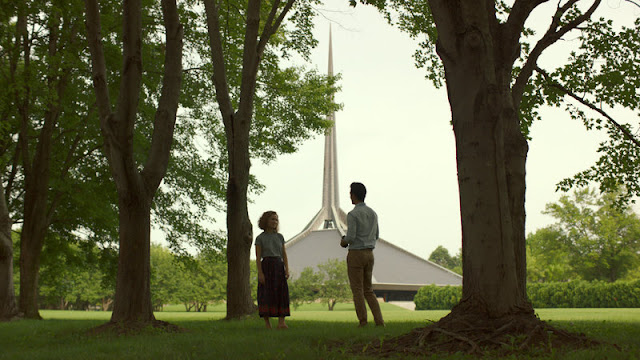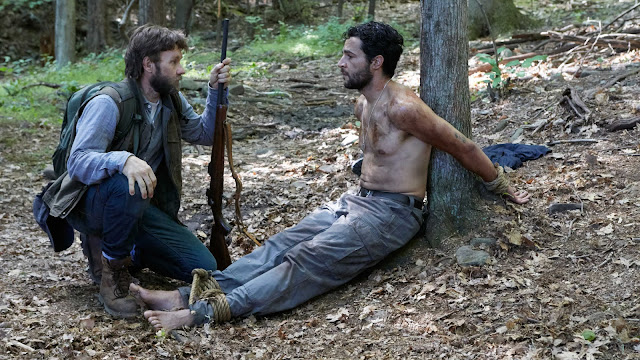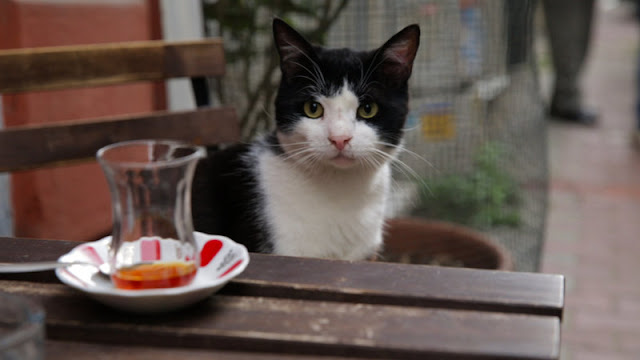All Auckland Armageddon VIP Passes Sold in an Hour
Pop culture merchandise, a star-studded guest lineup and the latest in gaming, cosplay comics and animation and film are proving to be a recipe for success for this year’s Auckland Armageddon Expo ticket sales. All VIP Passes sold out in under an hour following the MightyApe Presale Access this morning.
Anticipation for the largest event in the history of the expo is building ahead of the general ticket release tomorrow. Returning to Auckland’s ASB Showgrounds this October the 2017 event features the biggest line-up of celebrity guests the expo has ever hosted including stars from HARRY POTTER, CASTLE, DOCTOR WHO, ARROW, TEEN WOLF, THE 100, SUPERNATURAL, GUARDIANS OF THE GALAXY and more, as well as a myriad of other activities including; Drive-
In Movie Screenings, the Brother Cosplay Contest, Zombie Alley, E-Sports competitions and wrestling among other things. The show will continue to host a massive range of exhibitors from home crafted artist alley stalls, collectibles, anime merchandise to a number of MASSIVE Gaming and entertainment areas with Disney/Marvel, PlayStation, Nintendo, MightyApe Hewlett Packard, Samsung and more!
In Movie Screenings, the Brother Cosplay Contest, Zombie Alley, E-Sports competitions and wrestling among other things. The show will continue to host a massive range of exhibitors from home crafted artist alley stalls, collectibles, anime merchandise to a number of MASSIVE Gaming and entertainment areas with Disney/Marvel, PlayStation, Nintendo, MightyApe Hewlett Packard, Samsung and more!
Event organizer, William Geradts says of the anticipation, “The public response to our announcements so far have been insane, amazing but insane. I’m confident we are on track for the biggest event we have ever had bar none and to see it coming all together after 22 years of building this event from the ground up is immensely satisfying”. General entry tickets and photograph and autograph tokens for NATHAN FILLION, JOHN BARROWMAN and TOM FELTON are on sale tomorrow from 9am at iTicket.co.nz. Photograph and autograph tokens for other event guests will be released 3 weeks prior to the event. If the success of the presale is anything to go by fans will not want to wait long to secure tickets to meet their favorite stars and experience the incredible that is #AUCKGEDDON 2017!
Auckland Armageddon, October 20th-23rd, ASB Showgrounds #AUCKGEDDON
Armageddon Expo:
From its inception in 1995, Armageddon Expo has grown to become one of the largest fantasy events in Australasia. With shows that have run in Auckland, Wellington, Christchurch, Dunedin, and introducing Tauranga in 2017, Armageddon Expo embodies the ever-growing pulp culture phenomenon.
To keep up with the guest announcements and events at Armageddon Expos go to www.armageddonexpo.com Tickets for Wellington are on sale now at www.ticketek.co.nz


